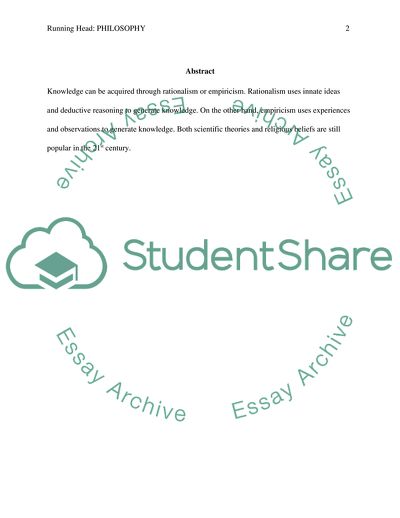Cite this document
(Assessing Knowledge in the Modern World Coursework - 21, n.d.)
Assessing Knowledge in the Modern World Coursework - 21. https://studentshare.org/philosophy/1790480-philosophy
Assessing Knowledge in the Modern World Coursework - 21. https://studentshare.org/philosophy/1790480-philosophy
(Assessing Knowledge in the Modern World Coursework - 21)
Assessing Knowledge in the Modern World Coursework - 21. https://studentshare.org/philosophy/1790480-philosophy.
Assessing Knowledge in the Modern World Coursework - 21. https://studentshare.org/philosophy/1790480-philosophy.
“Assessing Knowledge in the Modern World Coursework - 21”. https://studentshare.org/philosophy/1790480-philosophy.


